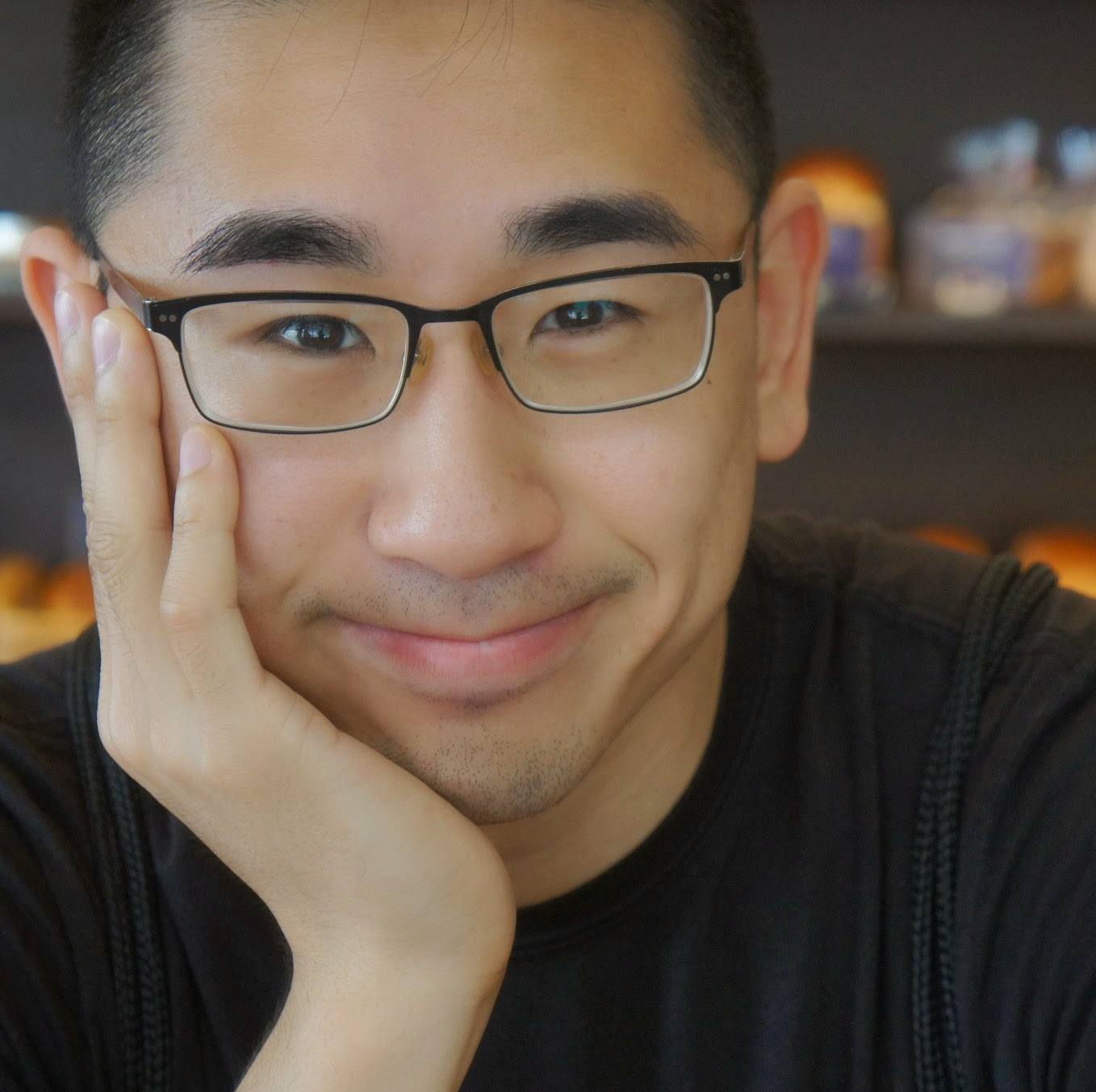Here’s another COVID-19 topic. This one, in particular, focuses on the differences between how China and the rest of the world has handled the pandemic, focusing on one thing in particular: people tracking.
Soon after the pandemic became official and China went into lockdown, they started preparing the Health Code software, which tells you whether or not you might have been near someone who was confirmed to have the coronavirus. If you haven’t, your Health Code will be green. If you might have, it will be yellow, and if you definitely have, it will be red. For a period of time, everywhere you went (entering buildings, public transportation, etc.), you were required to pull out the Health Code and show that you were green.
The way they track you is through the telecom companies. Essentially, all phones that are connected are being triangulated all the time to get an idea of where you’ve been. And this is possible because China can do police state things and nobody can do anything about it. I mean, just look at all the cameras on the streets of Shanghai. The cameras can automatically ticket cars for traffic and parking violations. The cameras can also automatically ticket jay walkers if they try to cross on a red.
The biggest benefit to all this is that China can implement these tracking systems whenever they want. Additionally, cities feel very safe for the occupants because there is evidence for anything that happens in public. The Chinese police are very good at tracking you down if they want to (they normally don’t care because there are way too many problems going on at any one time and they are limited in man power). The potential downside is the abuse of the power and potential privacy concerns.
So let’s address these two downsides and come up with potential solutions. In regards to the abuse of power, there needs to be a transparent way to see how the data gets used. This can be in the form of documentation on the systems that will be using the data and a list of entities that access to the data for other purposes with reasoning on when and why they would need to access the data. There should be a public log on who has access the data with reasoning. There should be no entity that can get access to the data beyond the official cases without a log entry being recorded somewhere. The goal of this log is to have a way for the public to police the police and hold them accountable. The public log will be key to that.
The second concern is privacy. To which I ask, what type of privacy is important? I believe having the privacy of your own space and being able to be yourself is important for mental health. But is it important that you have privacy in public places? Is it important to have privacy in terms of where you’ve been? I mean, the only people that will be hurt by this are ones who are lying about where they are (cough adulterers cough). So what is the balance for privacy? I think it is nuanced and we should not look at privacy as one large interconnected chunk of rock, but as a small mountain of pebbles that we need to sort through.
By having abuse of power and privacy sorted, is police state surveillance still scary? What do you think?
